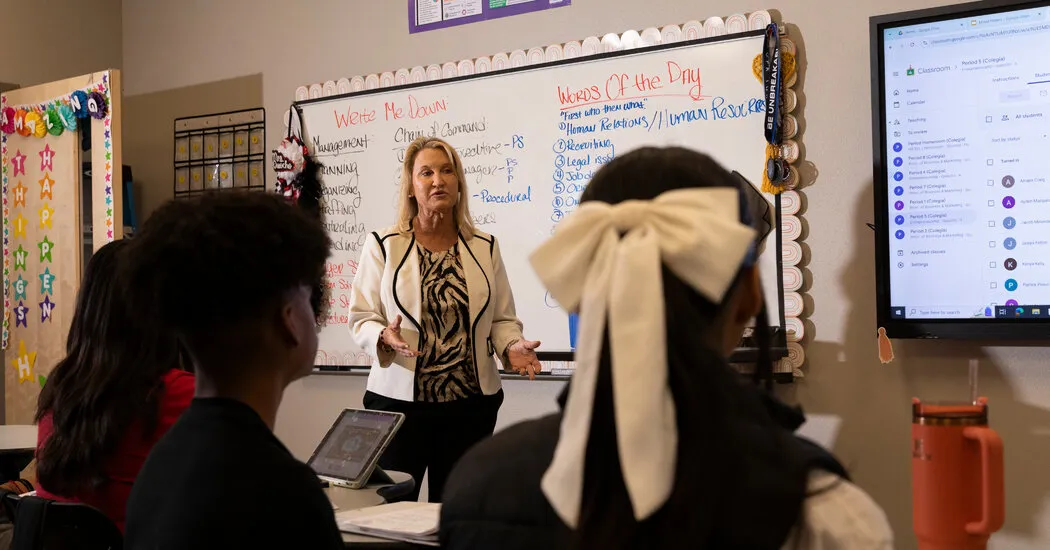Nevada's Breakthrough in Artificial Intelligence Impacting K-12 Education and Teen Mental Health

Nevada's A.I. Model for Identifying At-Risk Students
Nevada's new artificial intelligence system is transforming the landscape of K-12 education by identifying students who may require additional mental health support. With a drastic reduction of 200,000 students labeled as 'at-risk', the implications of this technology invite deep reflection and require critical examination.
The Ethical Dilemma
b>This dramatic shift has sparked an outcry from educators and parents alike, leading to serious moral and ethical questions about the criteria used in this A.I. assessment. How should decisions around mental health support be made? Are we potentially excluding students in poverty who genuinely need help?
- Artificial Intelligence and its role in education
- Mental health concerns among children
- The impact of poverty on educational support
- Budget implications for schools
This article was prepared using information from open sources in accordance with the principles of Ethical Policy. The editorial team is not responsible for absolute accuracy, as it relies on data from the sources referenced.